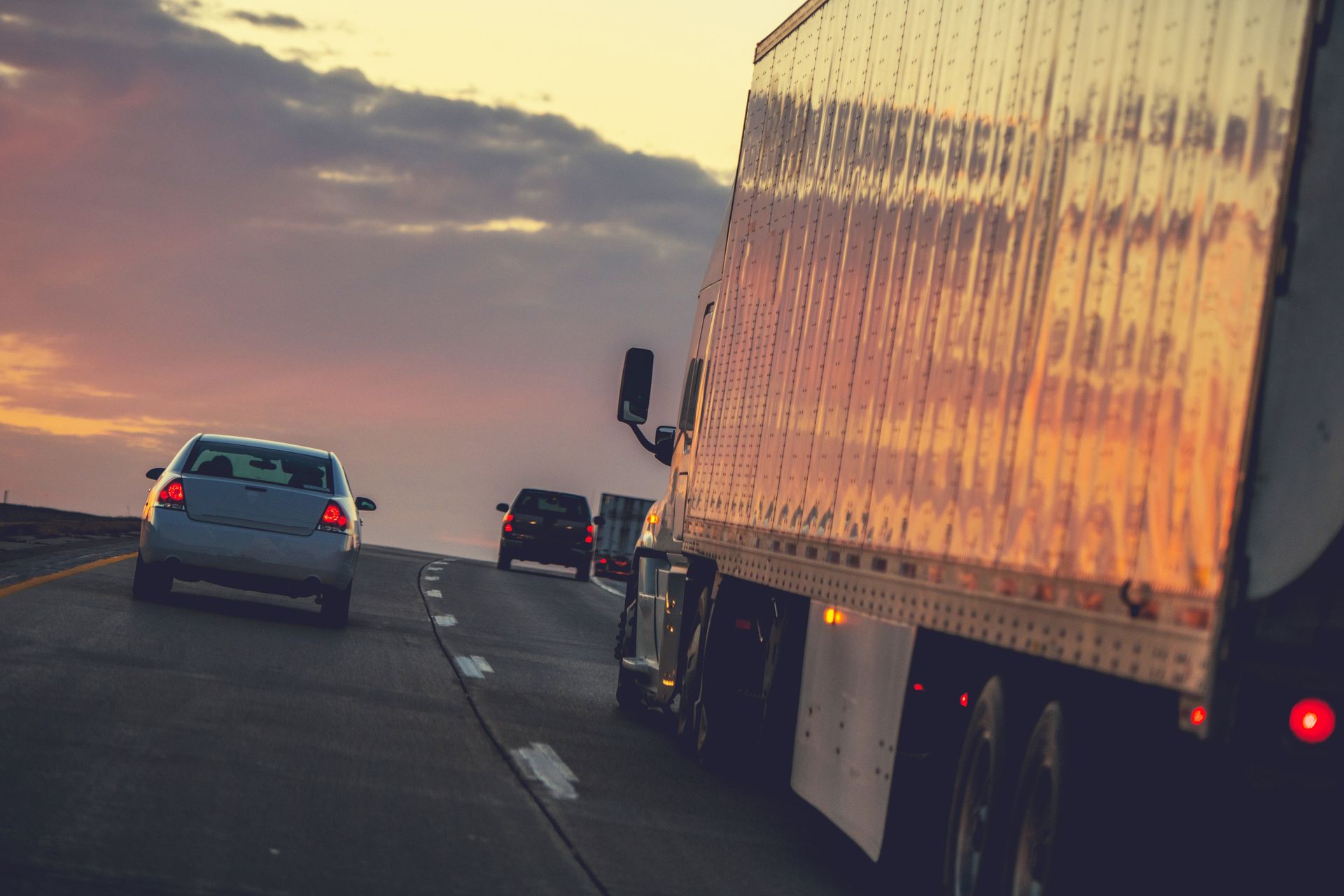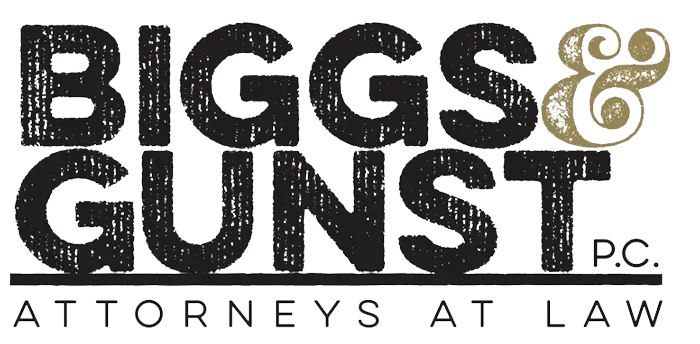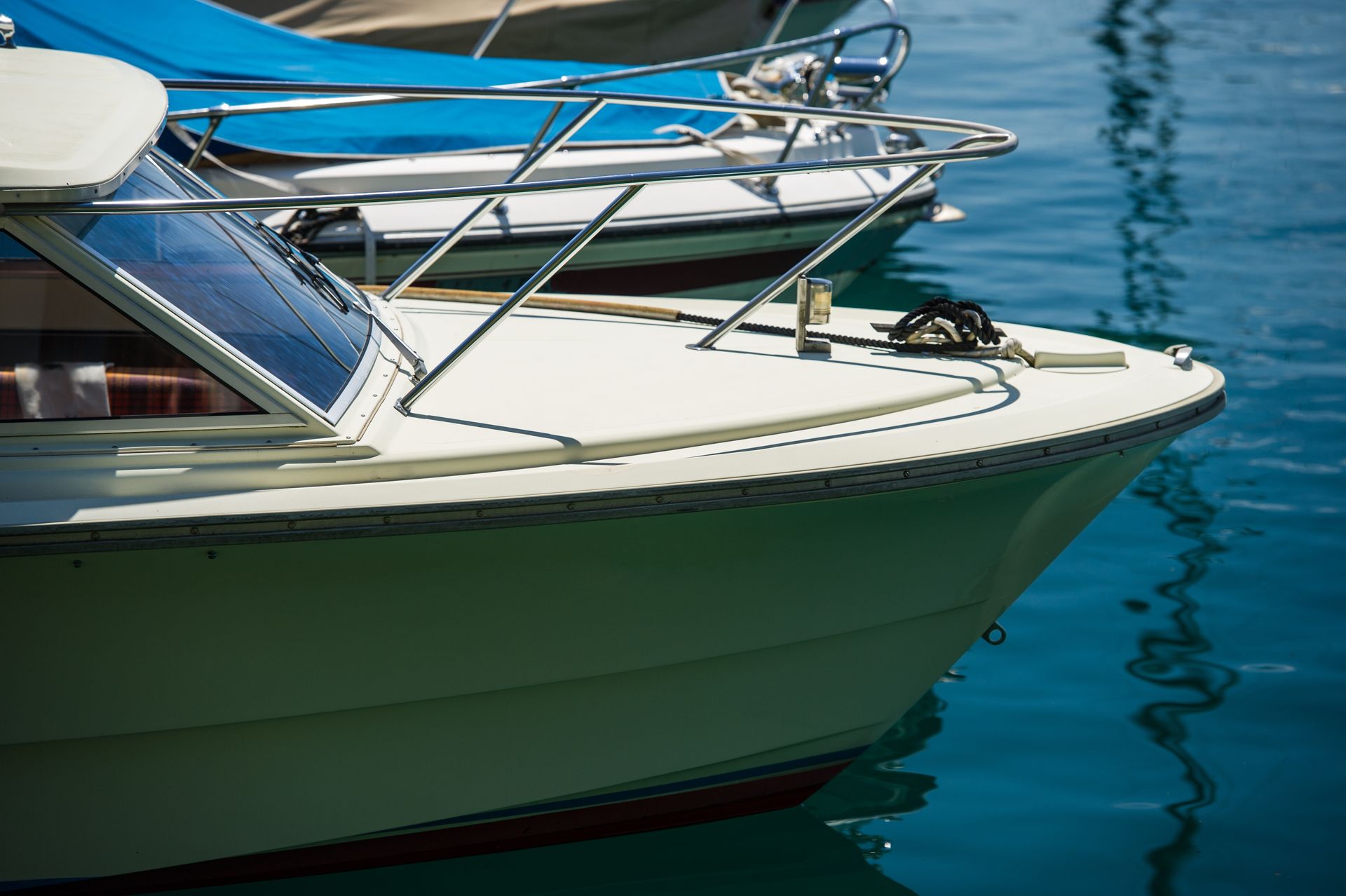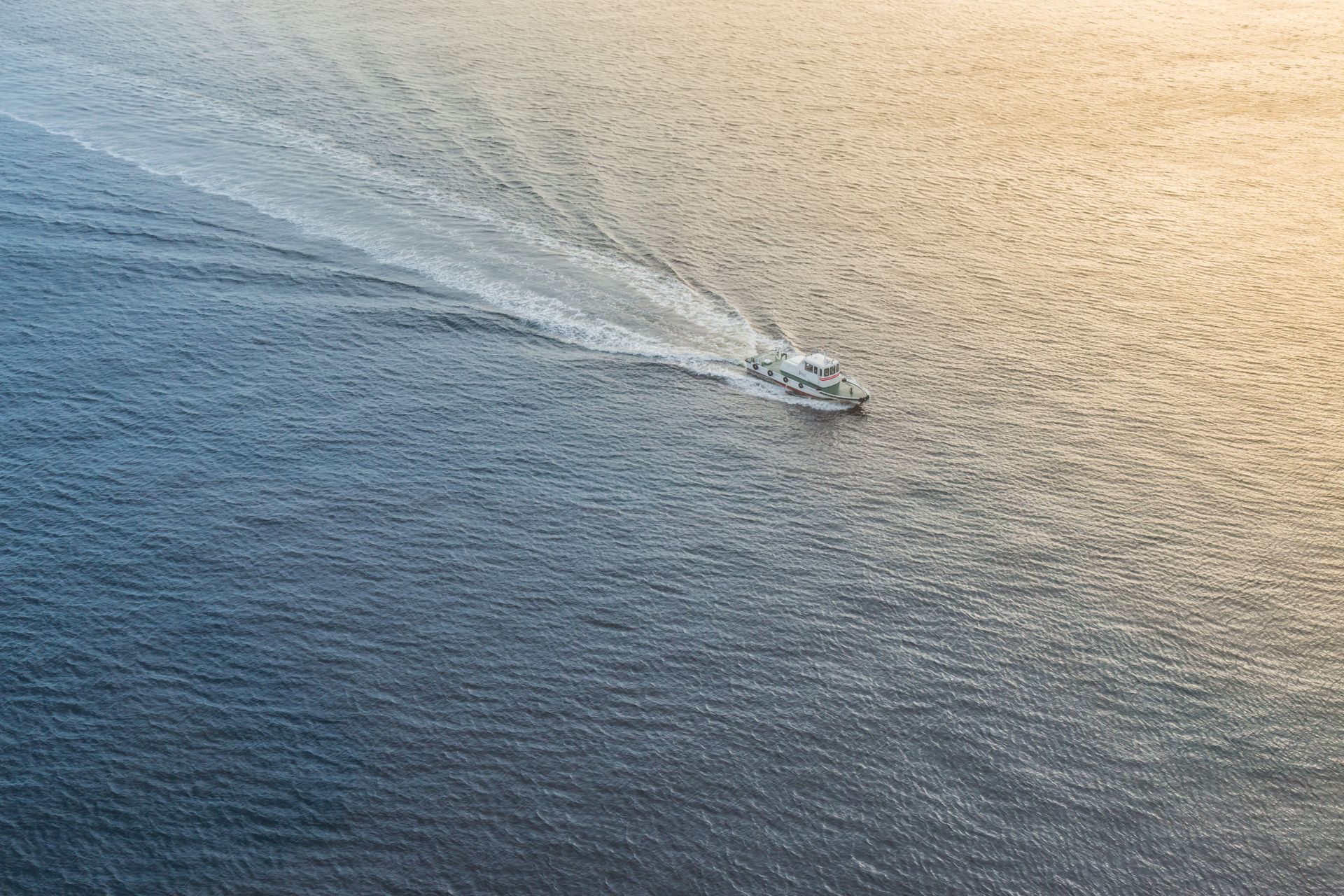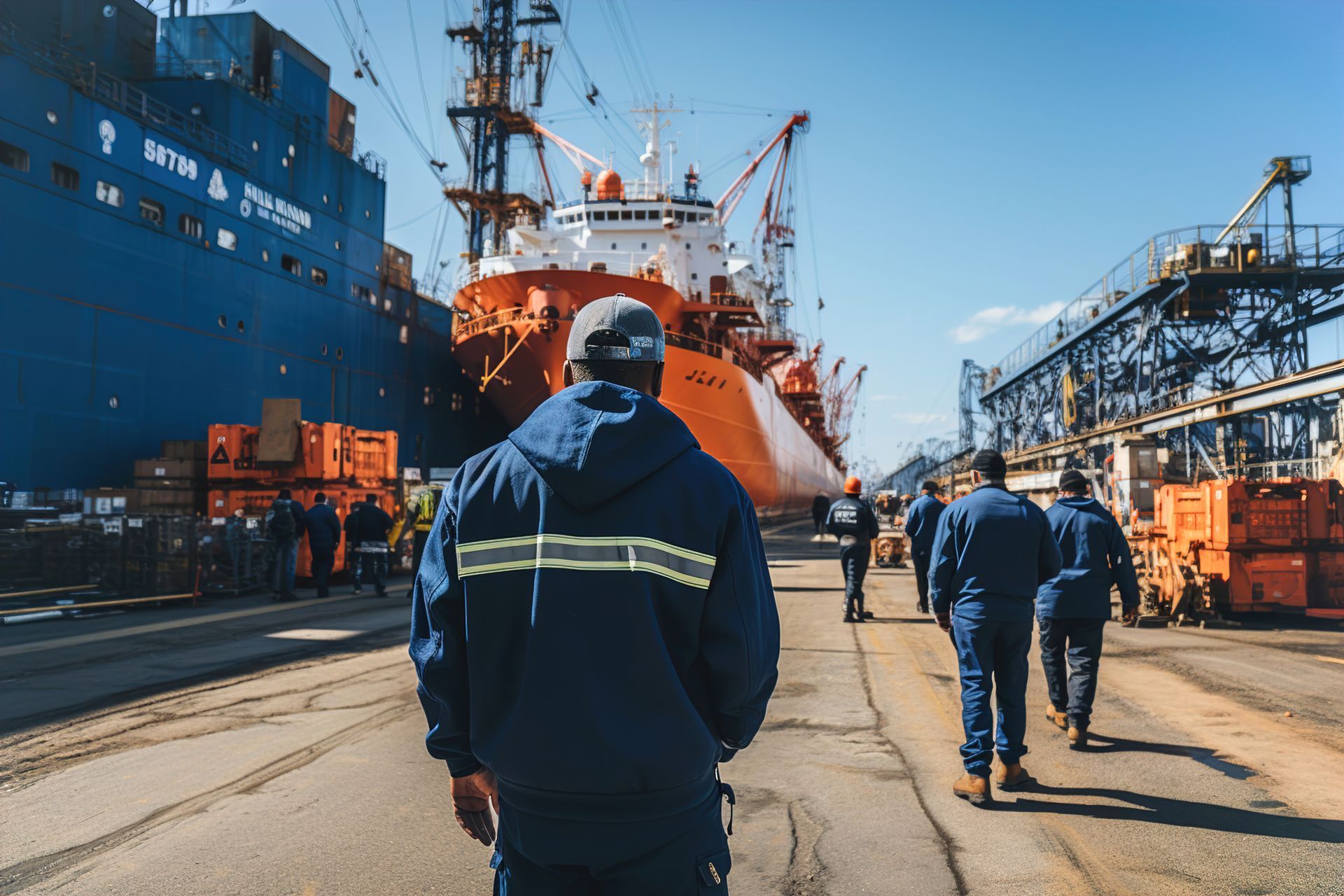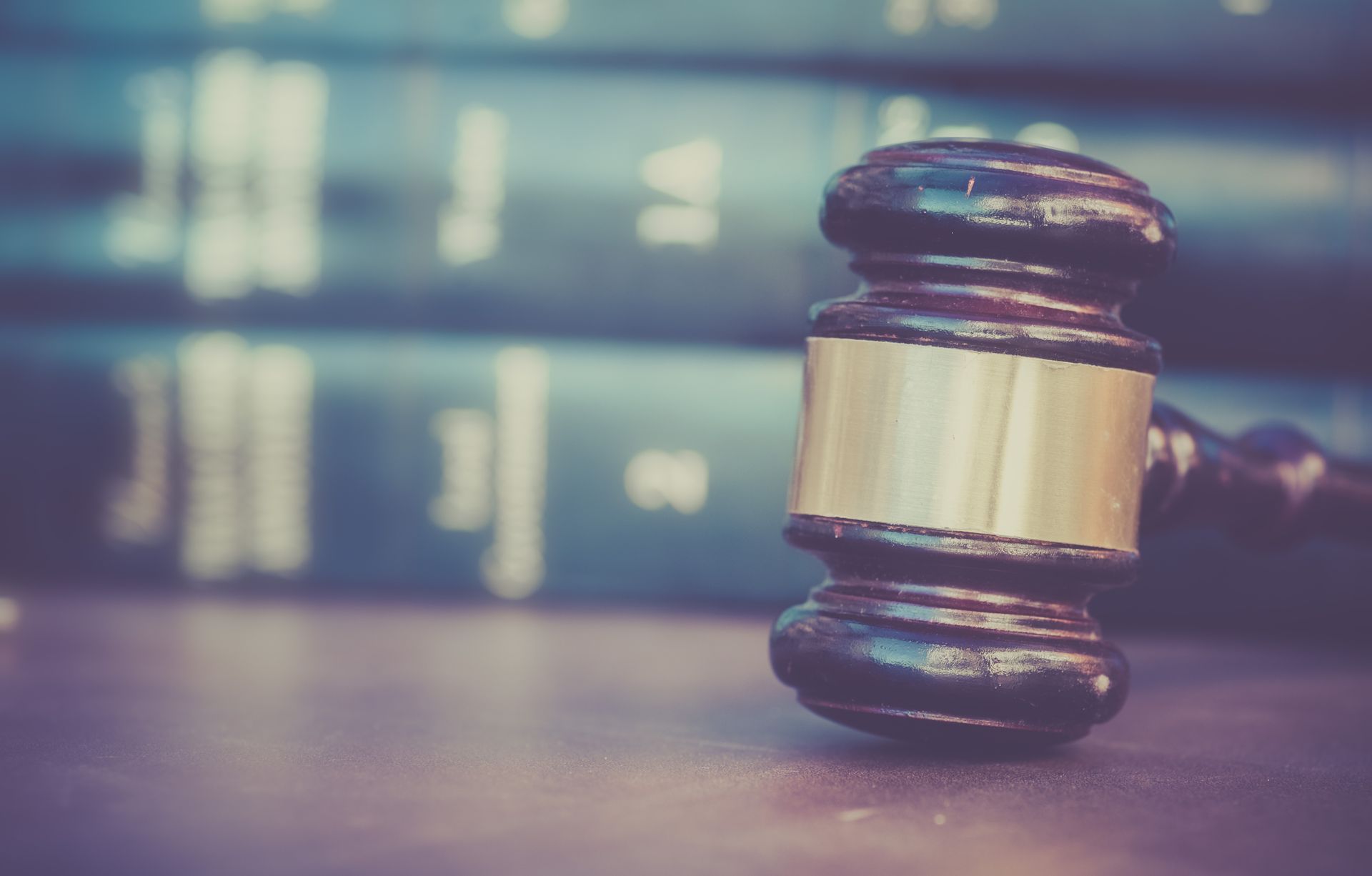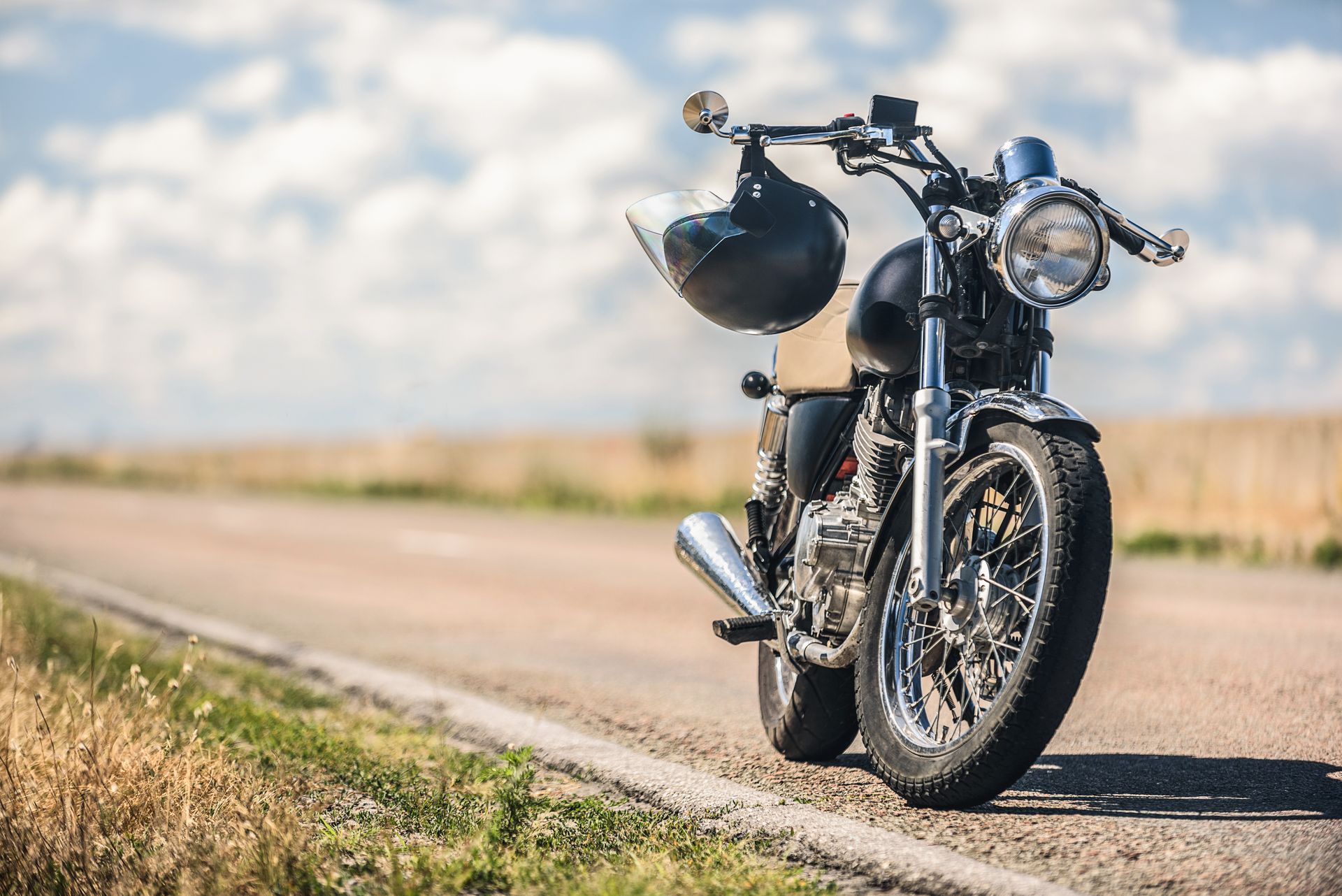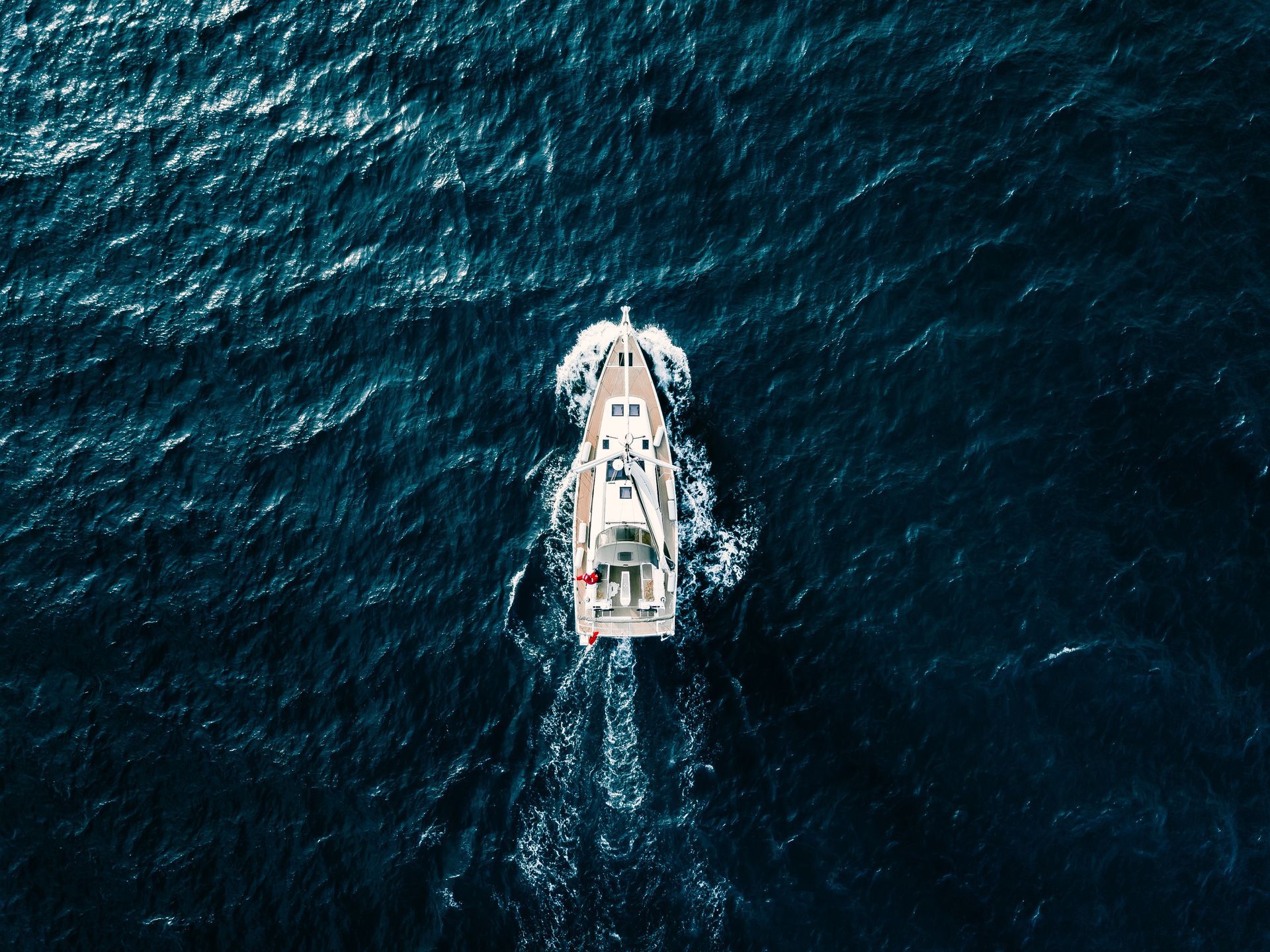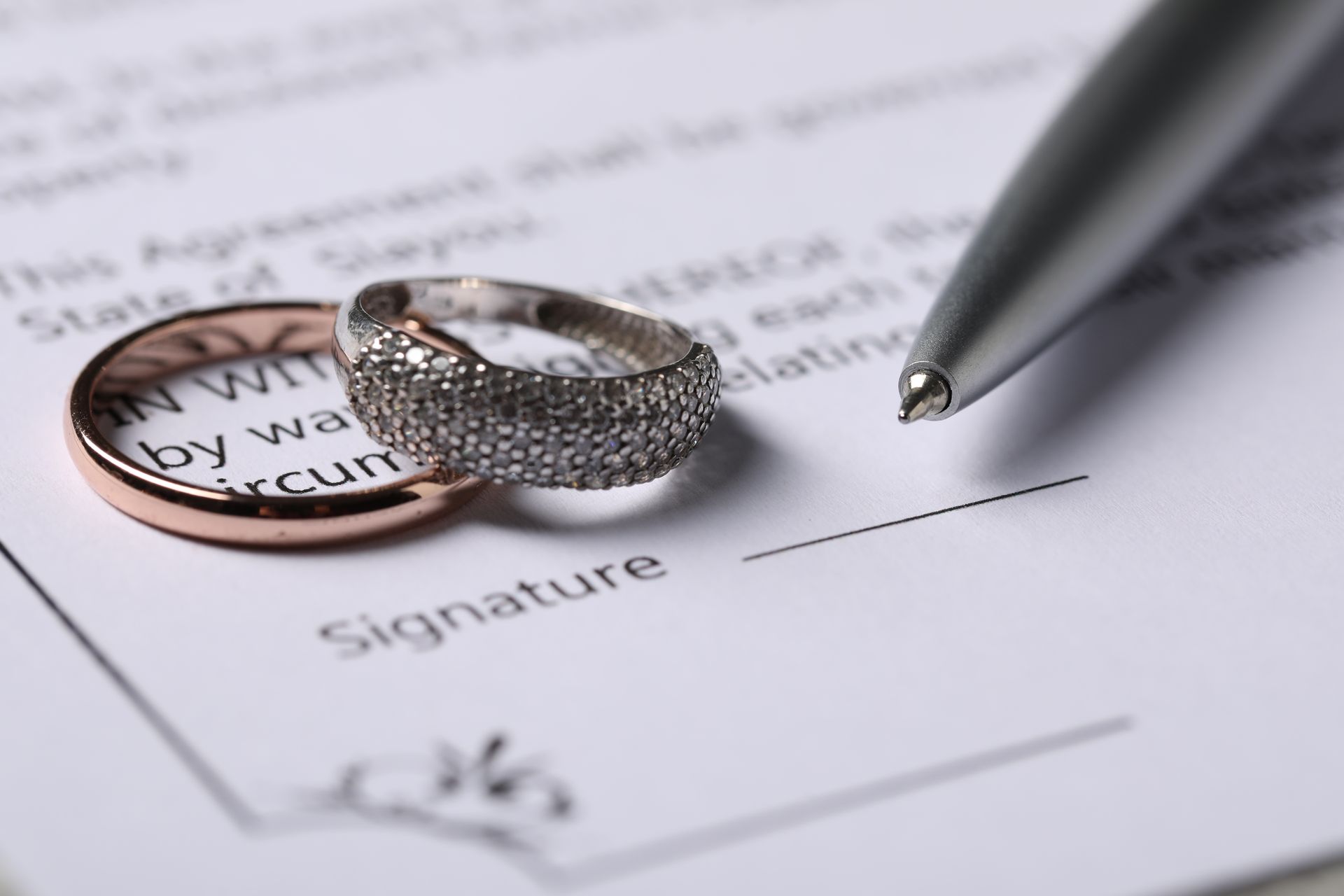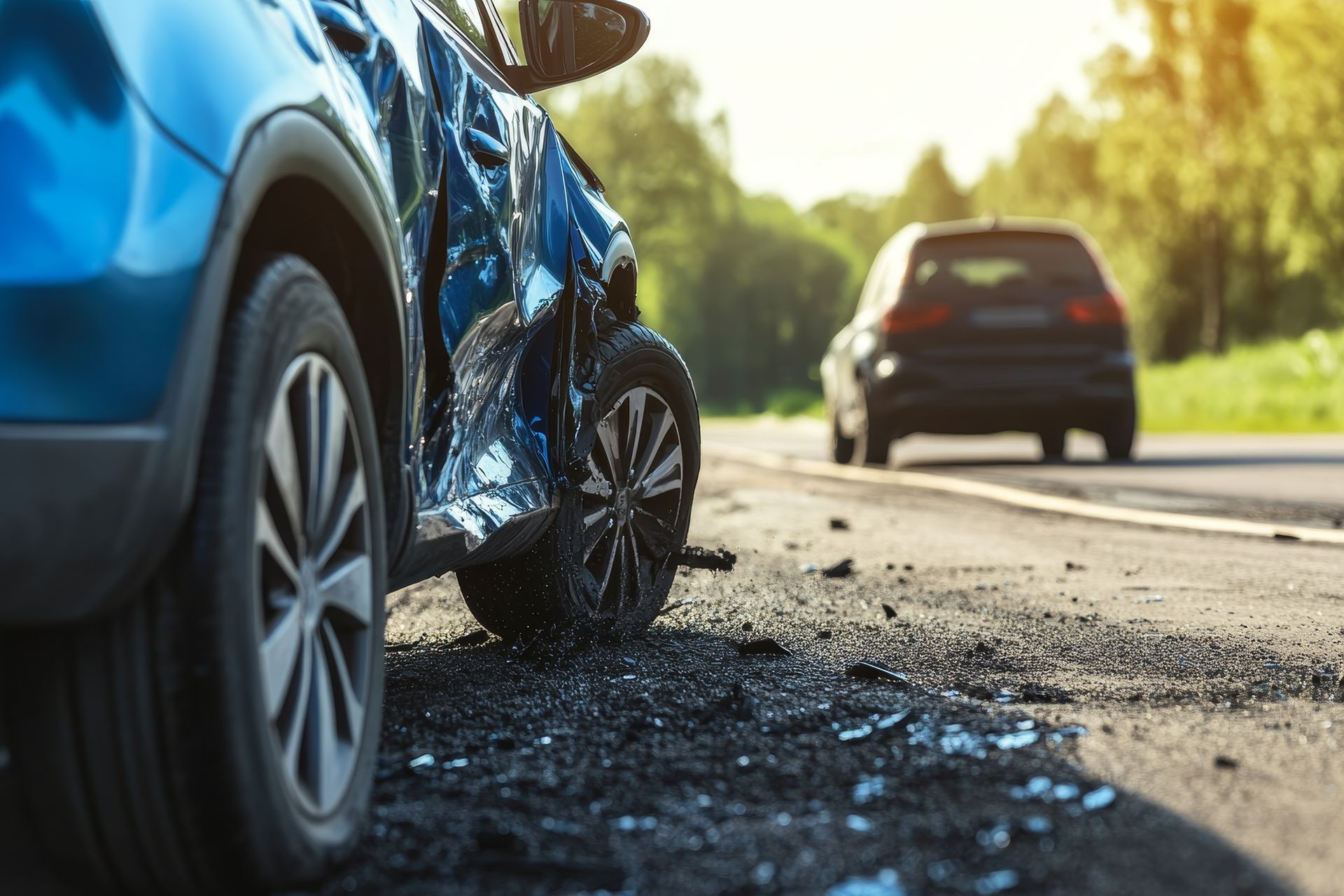Who Is Liable in a Michigan Boating Accident?
Who Is Liable in a Michigan Boating Accident?
With more than 26,000 inland lakes and access to four of the five Great Lakes, Michigan is one of the most popular states in the country for boating. Unfortunately, as boating activity increases, so does the risk of serious accidents. When collisions, injuries, or fatalities occur on the water, determining who is legally responsible becomes essential for victims and their families.
At Biggs & Gunst P.C., we help individuals and families across Michigan understand their rights and pursue justice after boating accidents. Whether your case involves a recreational vessel, a rented watercraft, or a commercial operation, understanding liability is the first step toward recovery.
Understanding Liability in Michigan Boating Accidents
Liability refers to legal responsibility for the harm caused by a boating accident. Michigan law allows injured parties to pursue compensation when another person or entity’s negligence contributes to an accident.
Negligence occurs when someone fails to exercise reasonable care on the water—such as speeding, boating under the influence, or ignoring safety rules—and their actions result in injuries or property damage.
Depending on the circumstances, one or more parties may share liability.
Potentially Liable Parties in a Boating Accident
Determining who is liable after a boating accident can be complex. Below are some of the most common parties who may bear responsibility.
1. The Boat Operator
The most common source of liability in a boating accident is the operator. If the operator acted carelessly—by speeding, failing to keep a lookout, or operating while intoxicated—they can be held responsible for resulting injuries or damage.
Michigan law prohibits operating a vessel while under the influence of alcohol or drugs, and violations can lead to both criminal charges and civil liability.
2. The Boat Owner
Even if the owner wasn’t operating the boat at the time of the accident, they may still be liable in certain cases. Owners are responsible for ensuring their vessel is maintained properly and that anyone operating it is qualified and safe. Allowing an inexperienced or intoxicated person to operate their boat can result in legal responsibility for any harm caused.
3. Rental or Charter Companies
If you rented or chartered a boat, the rental company may share liability if it failed to maintain the vessel, didn’t provide proper safety equipment, or failed to instruct renters on safe operation.
Companies that put profit before safety can be held accountable for negligence that leads to injury or loss.
4. Boat or Equipment Manufacturers
If a mechanical or equipment failure caused the accident—such as a defective steering system, engine, or fuel line—the manufacturer or distributor could be liable under product liability laws. Defective design, manufacturing errors, or inadequate warnings can all create grounds for a claim.
5. Other Boaters or Watercraft Operators
In multi-vessel accidents, another boat operator may be fully or partially at fault. Common examples include reckless navigation, failure to yield, or not adhering to boating traffic rules.
Michigan follows a comparative fault rule, meaning liability can be shared among multiple parties depending on each person’s degree of fault.
Common Causes of Michigan Boating Accidents
Understanding what causes most boating accidents can also help determine who’s responsible. Common causes include:
- Operating under the influence (OUI)
- Speeding or reckless operation
- Operator inattention or inexperience
- Equipment failure or poor maintenance
- Violating navigation or right-of-way rules
- Overcrowded or overloaded vessels
- Hazardous weather or water conditions
Every case is unique, and identifying the underlying cause is a crucial step in establishing liability.
How Liability Is Determined
Investigating a boating accident often involves reviewing police or Coast Guard reports, interviewing witnesses, and examining the condition of the vessel and safety equipment. Key evidence can include:
- Photos of the scene or damage
- GPS or marine radio data
- Witness statements
- Maintenance and inspection records
- Toxicology or OUI test results
An attorney can help gather and analyze this information to determine which parties are responsible and how much compensation may be owed.
Compensation Available to Boating Accident Victims
Victims of boating accidents in Michigan may be entitled to financial recovery for both economic and non-economic losses, including:
- Medical expenses and rehabilitation
- Lost wages and reduced earning capacity
- Property damage
- Pain and suffering
- Emotional distress
- Long-term or permanent disability
If a fatal boating accident occurred, surviving family members may also pursue a wrongful death claim for funeral expenses and loss of companionship.
Why Legal Guidance Matters
Boating accident claims often involve a mix of state and federal maritime laws, insurance complications, and questions of shared liability. Without proper guidance, victims may miss out on compensation they’re entitled to.
At Biggs & Gunst P.C., we help clients navigate these challenges, identify responsible parties, and build strong claims for recovery. Our attorneys have firsthand knowledge of Michigan’s waterways and understand the real-world issues that boaters face—from mechanical failures to Coast Guard investigations.
Call Biggs & Gunst P.C. After a Boating Accident in Michigan
If you or a loved one has been injured in a boating accident, you don’t have to face the aftermath alone. The attorneys at Biggs & Gunst P.C. are dedicated to helping victims seek justice and compensation for their losses.
We represent clients across Ann Arbor and throughout Michigan, providing clear, compassionate legal guidance backed by a deep understanding of boating and maritime law.
Call 734-263-2320 or visit www.biggsgunst.com to schedule a confidential consultation today.
Let our team help you protect your rights and move forward with confidence.
